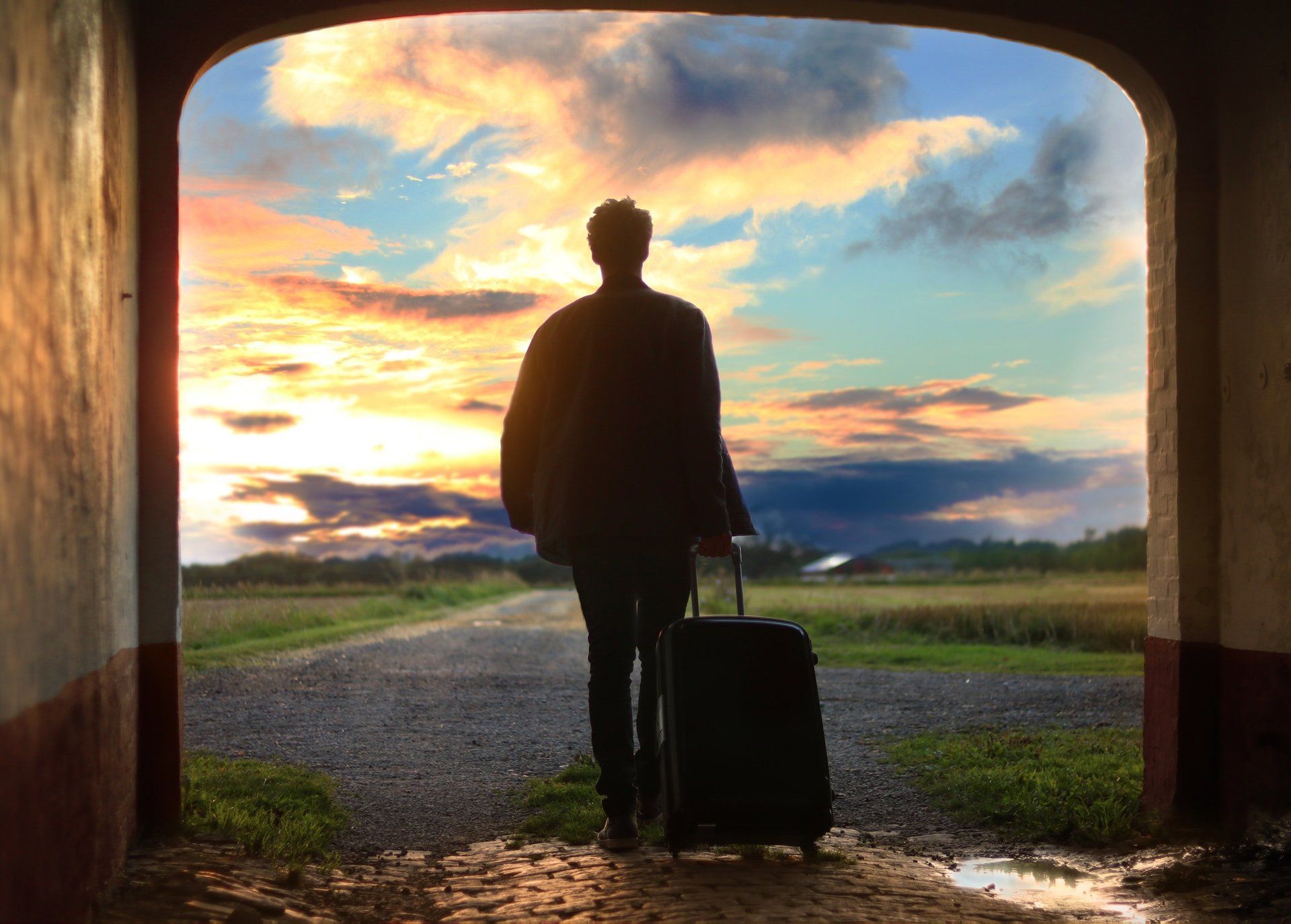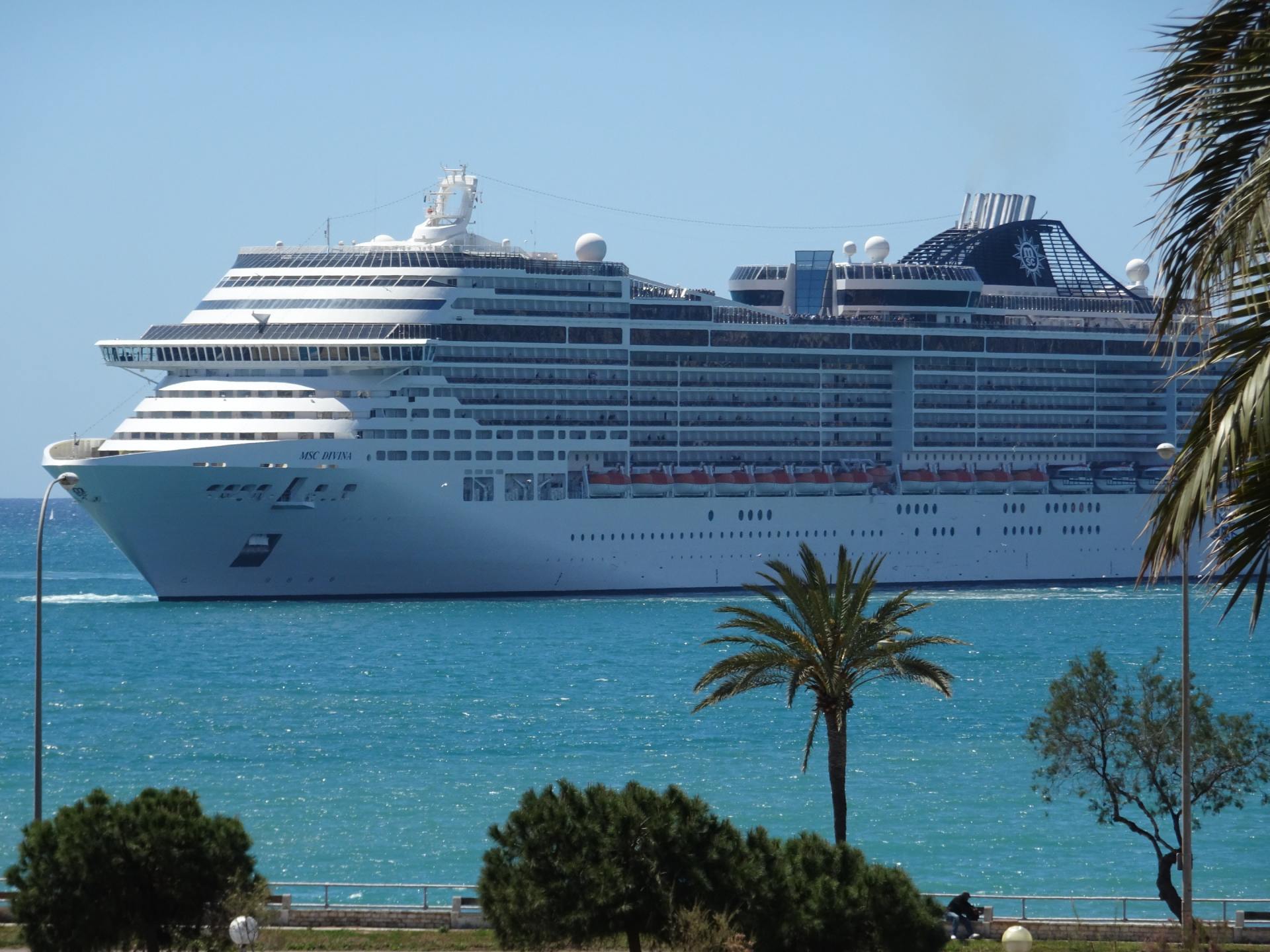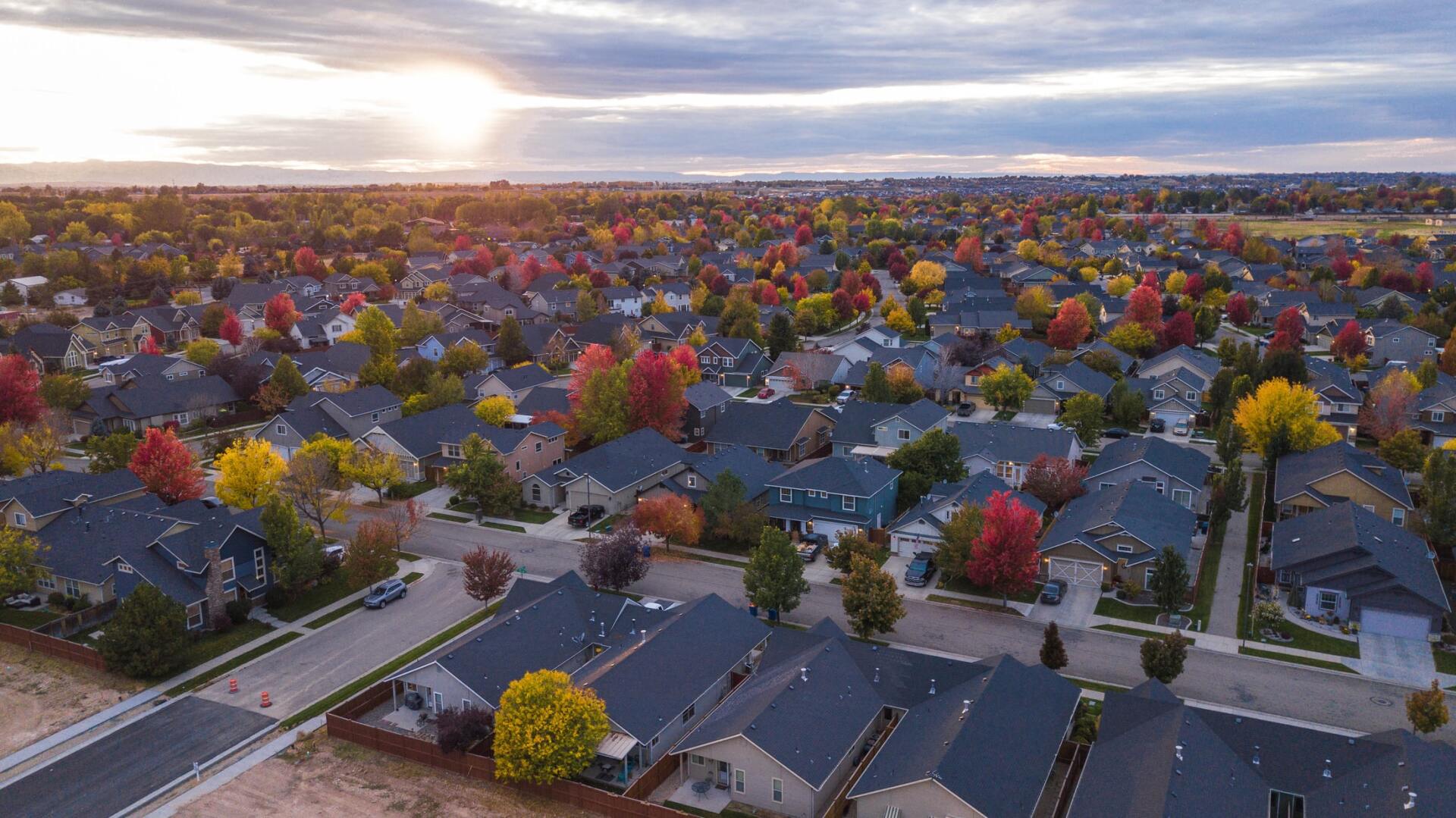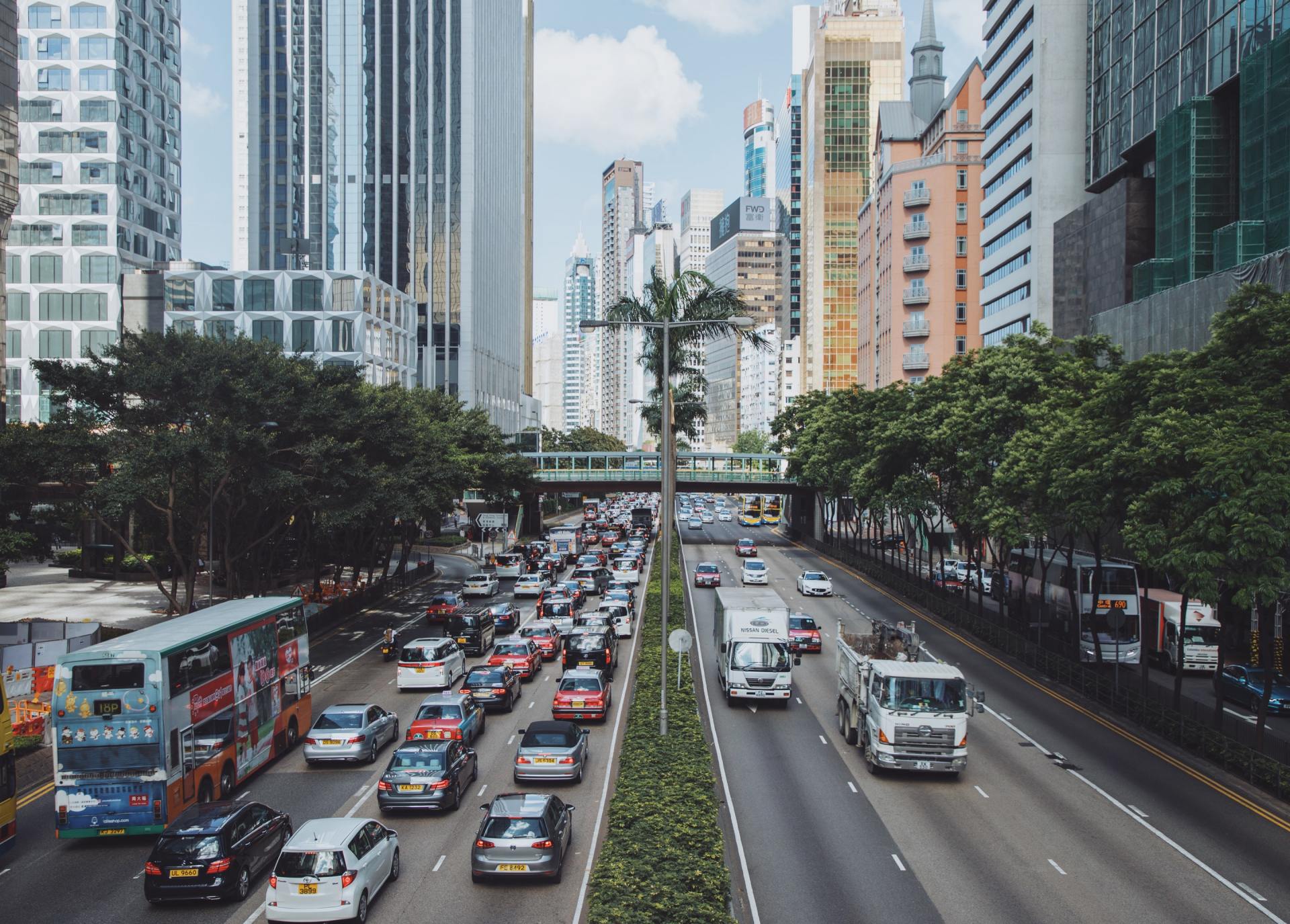- HOME
- LEARN
- TEACH
- TAKE ACTION
- WHAT YOU CAN DO
- PUT PEOPLE AND PLANET BEFORE PROFIT
- REPLACE OIL WITH RENEWABLE ENERGY
- EMBRACE A SUSTAINABLE LIFESTYLE
- CREATE NO-FISHING ZONES IN THE OCEAN
- FARM SMARTER AND EAT LESS MEAT
- PROTECT THE FORESTS
- RAISE PEOPLE OUT OF POVERTY TO SLOW POPULATION GROWTH
- CHANGE HOUSING AND HABITS
- CONSIDER TRANSPORTATION
- RETHINK TRAVEL
- OUR PARTNERS
- CONNECT
Travel
Ahhh, who doesn’t love a good adventure? But don’t let the leisurely desire to let your worries melt away and escape reality blind you to the many problematic qualities of the tourism industry. Travel may only be a minor item for some, but for us explorers, it can be a significant one. While cruise ships, mega resorts, and other companies pertaining to the mass tourism industry have a slew of negative environmental, economic, and social impacts, fortunately, there are many options at the disposal of an enlightened traveler like yourself who is willing to do a little more research!
TRAVELING FAR FAR AWAY...
Just ask yourself: is it worth the massive carbon emissions required to reach that one far-flung tropical island, or are there beautiful destinations nearby that you have wilfully overlooked because of their proximity to home? Think of the great privilege that it is to fly, when
1% of the human race is responsible for half of global aviation emissions
and 89% of the population rarely or never flies.
CONSIDER YOUR IMPACT
Have you considered how your vacation of choice will impact the local destination? For instance, while cruises are a popular, glamorous choice, they are essentially the highest-impact, lowest-yield form of tourism out there. They bestow little economic benefit to communities surrounding the cruise quays (as most passengers spend their money on the boat and spend little to no time at the destination), all while having a massive environmental impact.
Why not stay at a destination longer, and have a more enriching, authentic experience through
‘slow tourism’? You could seek out locally-owned businesses, even live with a local family, so as to truly benefit them and gain a glimpse into a new way of life.
ARE YOU HELPING TO BENEFIT THE AREA?
If you are seeking out an exotic, cultural experience, is the local culture authentically represented, or is it a sterile, commodified illusion that is severed from its original significance? Who is benefiting from these representations of culture? Is it an indigenous, community-based tourism enterprise where they have the power and make decisions about their own representation? Or are they merely minimum-wage workers who derive little benefit from the outsider-run businesses that exploit local people in the newest iteration of neocolonialism? Take the region extending across Guatemala, Belize, and southern Mexico, for instance, where ancient Mayan culture forms the core of a very lucrative tourism industry. Nonetheless, while
others profit off the heritage of modern-day, indigenous Mayans, 72% of all Mayans live below the poverty line.
VIDEOS TO INSPIRE
A Slower Life
SLOW TRAVEL
his can mean a lot of different things, for me it means that I simplify my itinerary (or have no real plans), take the back streets, try to stay in one location longer, rent a home, meet locals, or use slower modes of transportation, like a bike, enjoying the journey as much as the destination.
Our Changing Climate
CAN CARBON OFFSETS REALLY SAVE US FROM CLIMATE CHANGE?
A look at how carbon offsets work to offset fossil fuel emissions, and whether they are effective in mitigating climate change.
RGSIBG
SUBJECT KNOWLEDGE ANIMATION: WHAT IS ECO TOURISM?
Our subject knowledge animation explores the three key principles of Ecotourism.
JOIN OUR PERIODIC NEWSLETTER
Thank you. We are delighted you have signed up for our newsletter. Don't worry, we won't be crowding your inbox unless it something newsworthy.
Please try again later









